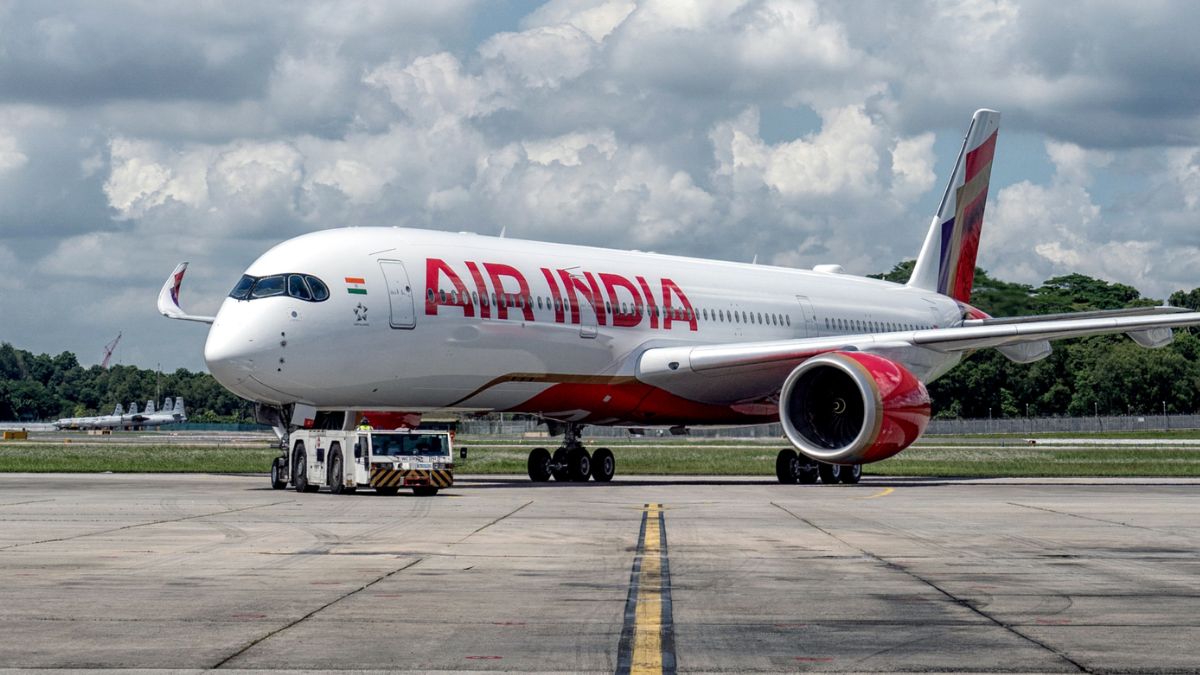The recent spate of bomb threats targeting Indian airlines has raised serious concerns about aviation security and passenger safety. Multiple flights operated by Air India, Vistara, and IndiGo have been affected, resulting in emergency landings, security checks, and widespread anxiety among passengers and crew. This wave of threats highlights vulnerabilities in the system and underscores the need for a comprehensive reassessment of security protocols and a robust investigation to identify the perpetrators and their motives. The swift and coordinated response from aviation authorities and the cooperation with security agencies are crucial, yet the frequency and impact of these incidents demand a proactive and multi-faceted approach to mitigate future risks.
The Surge in Bomb Threats Against Indian Airlines
A Wave of Disruptions
Over a period of just a few days, at least 20 Indian airlines, including major carriers like Air India, Vistara, and IndiGo, have faced bomb threats. These threats have resulted in significant disruptions, including emergency landings, lengthy security checks, and considerable anxiety among passengers and crew. One particularly noteworthy incident involved an Air India flight from Mumbai to London which declared a mid-air emergency shortly before its scheduled landing at Heathrow Airport. The aircraft, a Boeing 777, had initiated the ‘squawking 7700’ code, signaling a general emergency. While the code was later deactivated, the event itself underscores the serious nature and potential consequences of these threats. Other flights from various cities and international destinations were also targeted causing similar disruptions, delays, and heightened security measures at various airports.
Impact on Passengers and Operations
The impact of these bomb threats extends far beyond the immediate disruption of flight schedules. Passengers experience heightened anxiety, fear, and significant inconvenience. Security checks, while necessary, add to travel time and stress. The reputational damage to airlines is substantial, and the financial implications of delays, security measures, and potential cancellations are considerable. For airlines, managing these situations necessitates significant resources, demanding coordinated efforts between airline staff, security personnel, and airport authorities. Furthermore, the psychological impact on flight crews, who bear the responsibility of ensuring passenger safety amidst such threats, cannot be overlooked. The overall impact underscores the need for preventative measures.
The Investigative Response and Security Measures
Governmental Response and Coordination
Following the surge in bomb threats, the Indian government, particularly the Civil Aviation Ministry, has initiated a robust response. Meetings have been held with aviation authorities, including the Directorate General of Civil Aviation (DGCA), to address the situation. The government has pledged a commitment to upholding high security standards and ensuring passenger safety remains the top priority. Authorities are reportedly actively investigating these incidents, trying to identify the source of these threats, motives and to take necessary actions against perpetrators. Collaboration among different law enforcement agencies, airport security personnel, and international intelligence organizations is crucial for effectively addressing this issue and ensuring effective response mechanisms are in place.
Enhanced Security Protocols and Measures
The ongoing situation has emphasized the need for reviewing and strengthening existing aviation security protocols. Increased vigilance, strengthened screening procedures, and improvements in threat assessment capabilities are crucial to counter potential future attacks. The effectiveness of the current security measures and the implementation of additional safety measures require evaluation. Moreover, investing in advanced technologies and developing robust strategies to mitigate threats are imperative. This includes bolstering cyber-security measures to tackle online threats like social media-based bomb threats. Continuous investment in personnel training, advanced technological surveillance tools, and threat detection systems is of utmost importance.
The Broader Implications and Future Considerations
The Psychological Impact
Beyond the immediate logistical disruptions, the repeated bomb threats are creating a climate of fear and uncertainty in the aviation industry. The psychological impact on passengers, crew members, and airline personnel cannot be understated. This prolonged state of heightened anxiety has lasting impact. The need for mental health resources to support individuals affected by this constant threat cannot be overemphasized. Ongoing efforts to reassure the public and address their concerns about aviation safety are crucial.
The Need for Collaboration and Preparedness
Addressing this challenge requires collaborative efforts among various stakeholders, including airlines, aviation authorities, security agencies, and international partners. Information sharing and collaborative intelligence gathering can play vital roles in preventing future threats. Proactive measures, rather than merely reactive responses are needed. The ability of aviation authorities to promptly and efficiently coordinate responses to threats and the need for clear, consistent communication to ensure passenger safety is very significant. Improved coordination, strengthened security protocols, and a collective commitment to identifying and mitigating vulnerabilities are needed.
Takeaway Points
- The recent surge in bomb threats against Indian airlines highlights serious security vulnerabilities within the aviation system.
- The coordinated response by governmental authorities and airline personnel is crucial, yet proactive measures are required to prevent future occurrences.
- A thorough review and strengthening of existing aviation security protocols are essential.
- Collaborative efforts amongst stakeholders are critical for enhancing security measures and establishing a robust counter-terrorism framework in the aviation sector.
- The psychological well-being of passengers, crew, and personnel within the industry requires considerable attention.
- Investing in technology, training, and intelligence gathering are needed to effectively mitigate threats and assure public safety.




